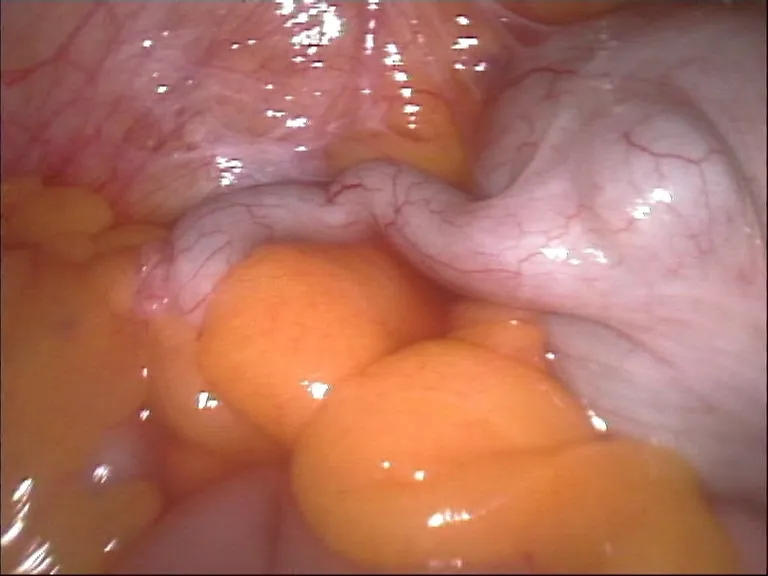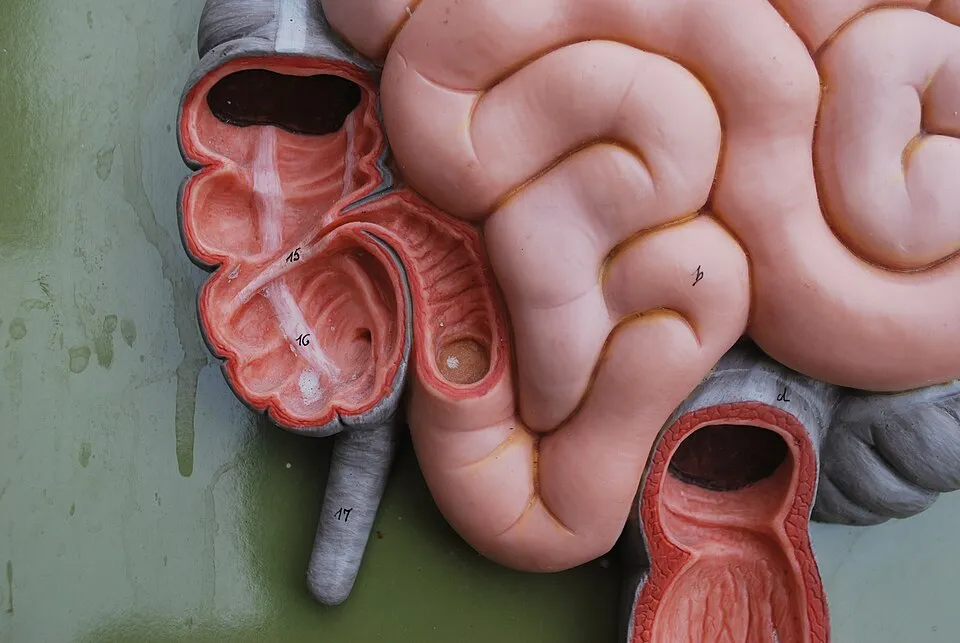Some conditions look so common that when they happen, we already agree on one solution because it is the only solution that we have known and one such case is appendicitis. A lot of you cannot differentiate between the Appendix and Appendicitis. If you are one of those in this group, relax and worry no more because this young teacher here will help you understand everything you need to know.
The appendix is located in the right lower quadrant of the abdomen close to the anterior superior iliac spine. The appendix is an extension of the cecum and it is called technically the Vermiform Appendix. As small as the appendix is, it is responsible for millions of appendectomies performed yearly.
The appendix was considered a vestigial organ for many years which means it didn't really have anything it was doing in the body but was just inherited from evolution. Research in recent times has shown that it is useful although its uses are things we can live without. It is useful in housing a useful microbiome as it is loaded with lymphatic nodules. This way, it provides an immune response for the large intestine.
But when inflammation gets hold of the appendix, there comes a problem; appendicitis. Inflammation can be very terrible to any part of the body when in excess and the appendix is no excused. A common cause of appendicitis is a blockage inside the appendix which could be a result of a fecalith obstruction (for people like me, who do not know the meaning, it just means stool obstruction).
This blockage leads to bacterial multiplication in the appendix leading to inflammation, swelling, and pus. When this swelling continues, it can lead to tissue death as the appendix cuts off its blood supply, or in a worst-case scenario, it can rupture. When the appendix ruptures, bacteria and pus can be spilled all over the abdomen leading to more serious issues like peritonitis (the inflammation of the peritoneum which is the thin membrane that covers the organs in the abdomen).
When someone has appendicitis they begin to suffer vague pain from the belly button which migrates to the lower quadrant of the abdomen. It can lead to nausea, fever, loss of appetite, and diarrhea. Before you start to think that you are immune to it, appendicitis can technically happen to anyone but is predominant among people between the ages of 10 and 30 years. There could be other reasons that will increase the risk of having appendicitis such as family history, and inflammation of or around the gut but the majority of the time it just happens (like “your village people following you” as we say in Nigeria).
Some doctors have become so good at performing appendectomies that it looks like it is the only surgery they know but is an appendectomy the only solution for appendicitis? The answer is No. Before you say anything, let me explain. Appendicitis can be treated using antibiotics. An APAC trial showed that antibiotics can successfully treat uncomplicated appendicitis that does not have an abscess, hasn't ruptured, or has any other complications in the short term. I used short-term because 30% of the patients who were treated with antibiotics ended up having to undergo surgery after a year.
The entire epistle I wrote in the paragraph above is why surgery is still the go-to standard of treating appendicitis without having a relapse.
Reference
https://www.nhs.uk/conditions/peritonitis
https://www.nhs.uk/conditions/appendicitis/
https://www.health.harvard.edu/blog/antibiotics-instead-of-surgery-safe-for-some-with-appendicitis-201204114588)
https://pmc.ncbi.nlm.nih.gov/articles/PMC9513284/
https://www.ncbi.nlm.nih.gov/books/NBK493193/


